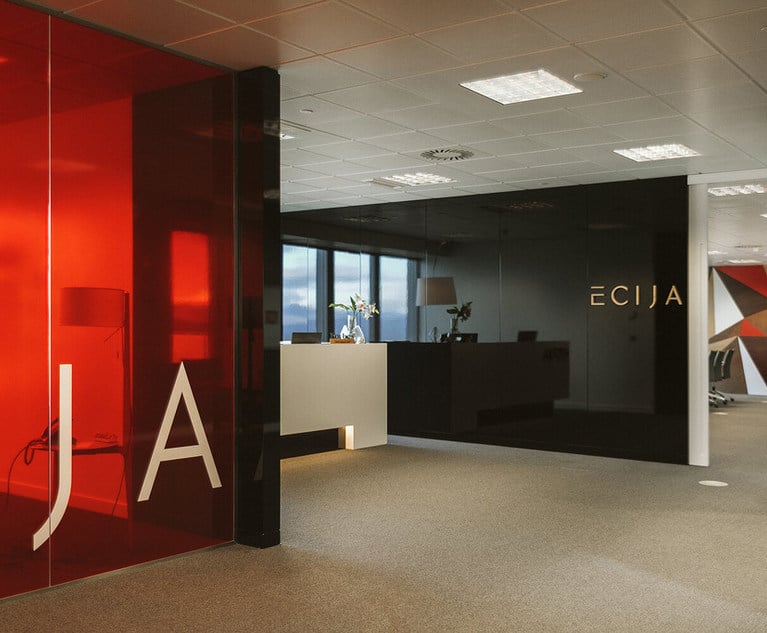Dealmaking in Asia is not going to be easy in 2020, especially in China. While uncertainty still hangs over the U.S.-China trade deal, the outbreak of the novel coronavirus that originated in China will further disrupt cross-border transactions.
Mergers and acquisitions in and out of China slowed in 2019 after the United States and China entered a new phase of contentious trade, economic and diplomatic relations. Bidders from mainland China and Hong Kong spent only $5.7 billion in the U.S. in 2019, the lowest total since 2011, according to data compiled by Mergermarket. Meanwhile, the total value of U.S. investment into China and Hong Kong dropped to $7.7 billion, the lowest since 2013.
The slowdown has spread to Europe. Chinese investment into Europe totaled $13.4 billion in 2019, the lowest since 2013, according to a recent report released by Baker McKenzie and New York-based research firm Rhodium Group. Chinese deals in major economies Germany and France both fell significantly. Several major deals were unsuccessful, including state-owned power company Three Gorges Corp.’s failed $10.3 billion bid for Portugal’s largest utilities company, Energias de Portugal.
In 2020, market and regulatory obstacles will continue to limit Chinese investment in the United States and Europe.
“U.S. foreign investment regulation continues to pose challenges for Chinese investors,” says Rod Hunter, a Washington, D.C.-based partner at Baker McKenzie. “This year will see further regulatory activity as [the Committee on Foreign Investment in the United States] finalizes rules for technology, infrastructure and data businesses, a welcomed development that will offer greater predictability for investors.”
With clearer regulatory procedures in the United States and the Chinese government’s favorable amendments in its foreign investment regime, industry observers see potential signs of recovery for China-related cross-border deals in 2020. But a nationwide coronavirus outbreak that started in January has added even more uncertainty to the situation. Following the outbreak, travel restrictions and mandatory quarantine measures were imposed to reduce public gatherings.
“The coronavirus outbreak will undoubtedly disrupt the natural flow of M&A deals and economic activity at large this year,” says Riccardo Ghia, Asia-Pacific research editor at Mergermarket. “Economic slowdown will be especially pronounced during the first quarter.”
Ghia says the coronavirus crisis might hamper full recovery for months. “Travel restrictions are affecting deal origination as they make client pitches and investor meetings more challenging for bankers,” he says. He points out that the outbreak could also accelerate political destabilization in Hong Kong, which is still a critical platform for mainland companies to seek financing in international capital markets. “The crisis will test the central and local government’s ability to maintain order ahead of the legislative election in September 2020, and reassure international investors,” he says.
Despite a turbulent second half of the year, Hong Kong IPOs raised over $40 billion in 2019, making the Chinese territory once again the world’s top IPO market.
“Uncertainty will always influence the markets, with few major financial centers escaping unscathed,” says Ivy Wong, Asia head of capital markets at Baker McKenzie. “While the disturbances in Hong Kong did hamper activity to a degree, performance remained relatively stable as the infrastructure and investor base was still reliably there for issuers.”
Wong notes the $12.9 billion secondary listing of e-commerce giant Alibaba in Hong Kong. More U.S.-listed Chinese companies are considering a secondary listing in Hong Kong this year following Alibaba’s success, but the coronavirus outbreak has reportedly caused companies such as JD.com and Baidu to postpone their Hong Kong listing plans.
Wong acknowledges that the coronavirus crisis will cause disruptions in capital markets deals. Travel restrictions will cause meetings to be rescheduled or postponed. But she says this is more of a timing problem than a demand one.
“Most of the clients have not dropped their original investment or business plans,” she says, “although inevitably there may be some necessary adjustments made to those plans and contracts, including discussions on timing and force majeure clauses.”
NOT FOR REPRINT
© 2024 ALM Global, LLC, All Rights Reserved. Request academic re-use from www.copyright.com. All other uses, submit a request to [email protected]. For more information visit Asset & Logo Licensing.
NOT FOR REPRINT
© 2024 ALM Global, LLC, All Rights Reserved. Request academic re-use from www.copyright.com. All other uses, submit a request to [email protected]. For more information visit Asset & Logo Licensing.
NOT FOR REPRINT
© 2024 ALM Global, LLC, All Rights Reserved. Request academic re-use from www.copyright.com. All other uses, submit a request to [email protected]. For more information visit Asset & Logo Licensing.

 Shanghai
Shanghai








